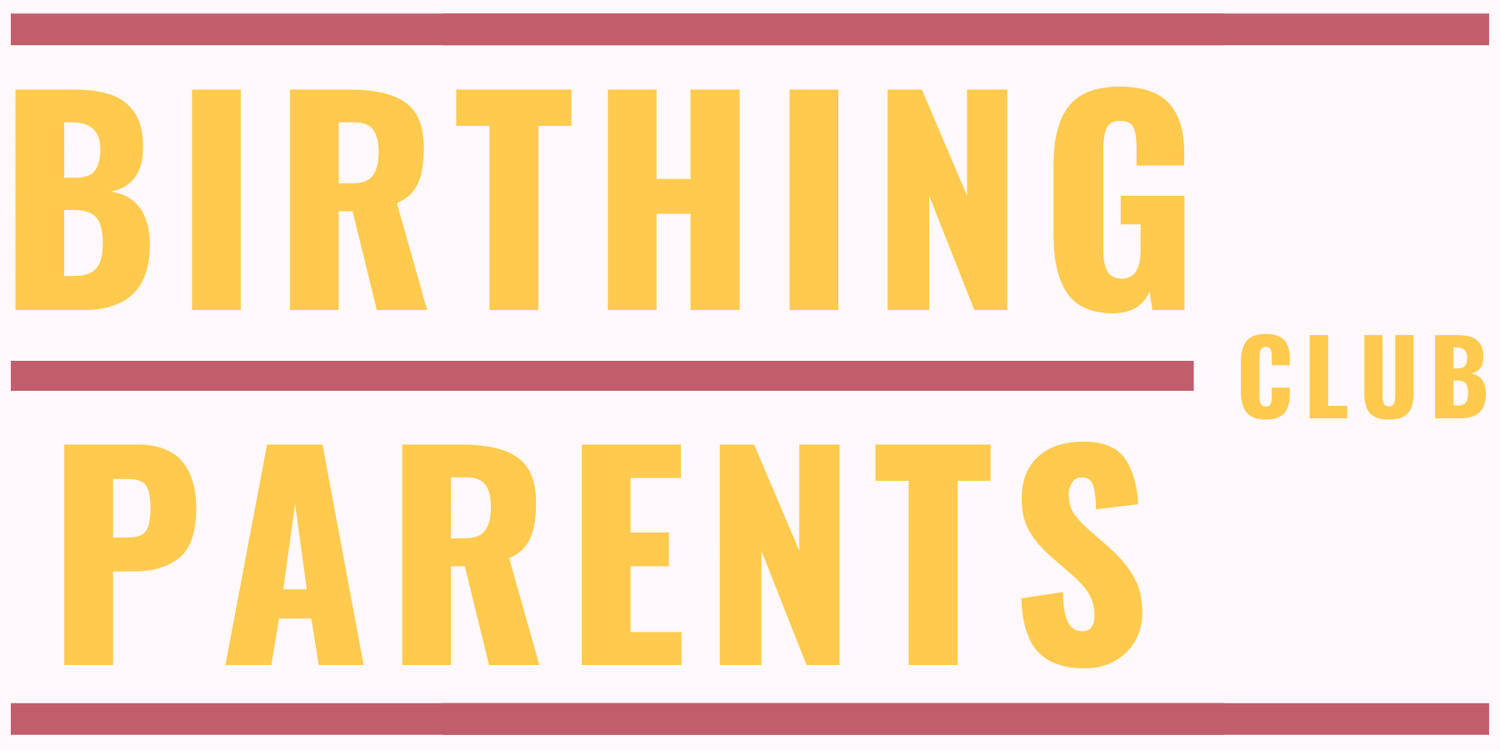WHY DO WE NEED DOULAS?
When I describe myself as a doula, the first question is often ‘what is that?’ Immediately followed with, ‘why do we need that?’. To understand why doula care is so important we need to take a look at the current state of NHS maternity services in the UK.
In the UK, and most of the Western World, midwifery has been completely transformed in the past 100 years. Up until the 1960s, over a third of births in the UK still took place at home, however by 1975 this had fallen to below 5% and has remained at or below this figure since then. It sits currently around 2-3%.
The Industrial Revolution and incredible medical advancements have meant that birth is the ‘safest’ it has ever been - statistically fewer babies and birthers die than previously in history, however there are serious disparities in the level of care received.. Black & Asian birthers are at a far greater risk than their white counterparts, being more than 4 times and almost 2 times, respectively, more likely to die during the perinatal period than their white counterparts. Black babies are also twice as likely to be stillborn than white so although overall birth is ‘safer’, this is not spread evenly across society.
For the majority of low risk birthing people the increased medicalisation of birth is perhaps not the great advantage it is widely portrayed to be. This is known as the ‘harsh environment’ theory: in short, the lack of privacy, bright lights and institutionalised care is not conducive to the natural unfolding of birth. ’Normal birth’ is now experienced by less than half of the population of birthing people (this statistic defines ‘normal birth’ as without induction, epidural, forceps, ventouse, Caesarean or episiotomy). Induction of labour has become commonplace, with around a third of labours started artificially - despite this there is incredibly little research on the impact of induction on either the birther or the baby.
One of the main components of high quality midwifery, as defined by The Royal College of Midwives (RCM), is to provide evidence based care, however, many ‘standard’ midwifery practices are not of proven benefit to birthing people. The ‘stretch & sweep’ is a prime example of this. An intervention which has become part & parcel of mainstream antenatal care in late pregnancy, despite not actually having been proven to have any clinical benefit. Sweeps are often touted as a way to avoid induction, rather than being described accurately as a form of induction, which they are.
Another issue with mainstream midwifery care, which is particularly relevant when discussing the importance of doulas, is the lack of continuity of care. This has been proven to be enormously beneficial to birthing people - and has been addressed numerous times over the past 30 years by the Royal College of Midwifery. However, despite the RCM claiming that this issue has been “at the heart of maternity policy since 1993” only 9% of birthing people have the same midwife throughout their pregnancy, at their birth and for their postnatal care.
On the whole, the problem is not midwives themselves, but midwifery care as a whole and the wider healthcare system that they sit within. Midwives are being stretched to their physical and emotional limits, as so many NHS staff are, with 63% of maternity staff work beyond their contracted hours without pay. In November 2020, 83% of midwives surveyed by the RCM admitted that they felt current staffing levels were unsafe, compared to 54% in March 2020. Obviously this spike can be attributed to the impact of the coronavirus pandemic, however more than half in ‘normal’ times is still shocking.
Overworked and exhausted staff cannot provide the high quality patient centred maternity care that will provide birthing people with the optimal conditions for a positive birth experience. The MMBRACE report found that more than half of birthers who died in the perinatal period would have benefitted from better care, and that less than a third of those who died received good care. Therefore when it comes to the individual and tailored support required for birthing people to have a safe and positive birth experience, it is the unique support of a doula which is most effective in achieving that.
